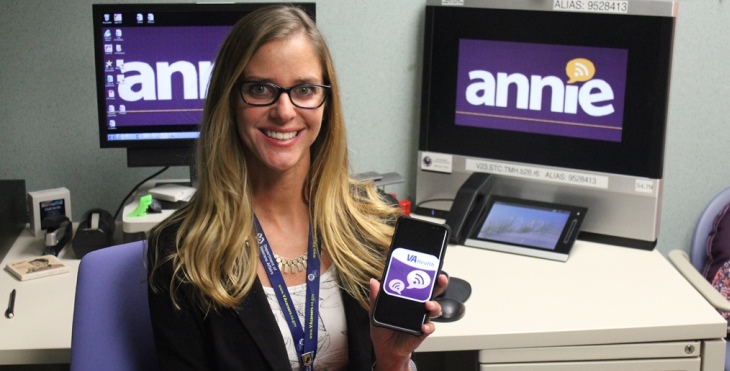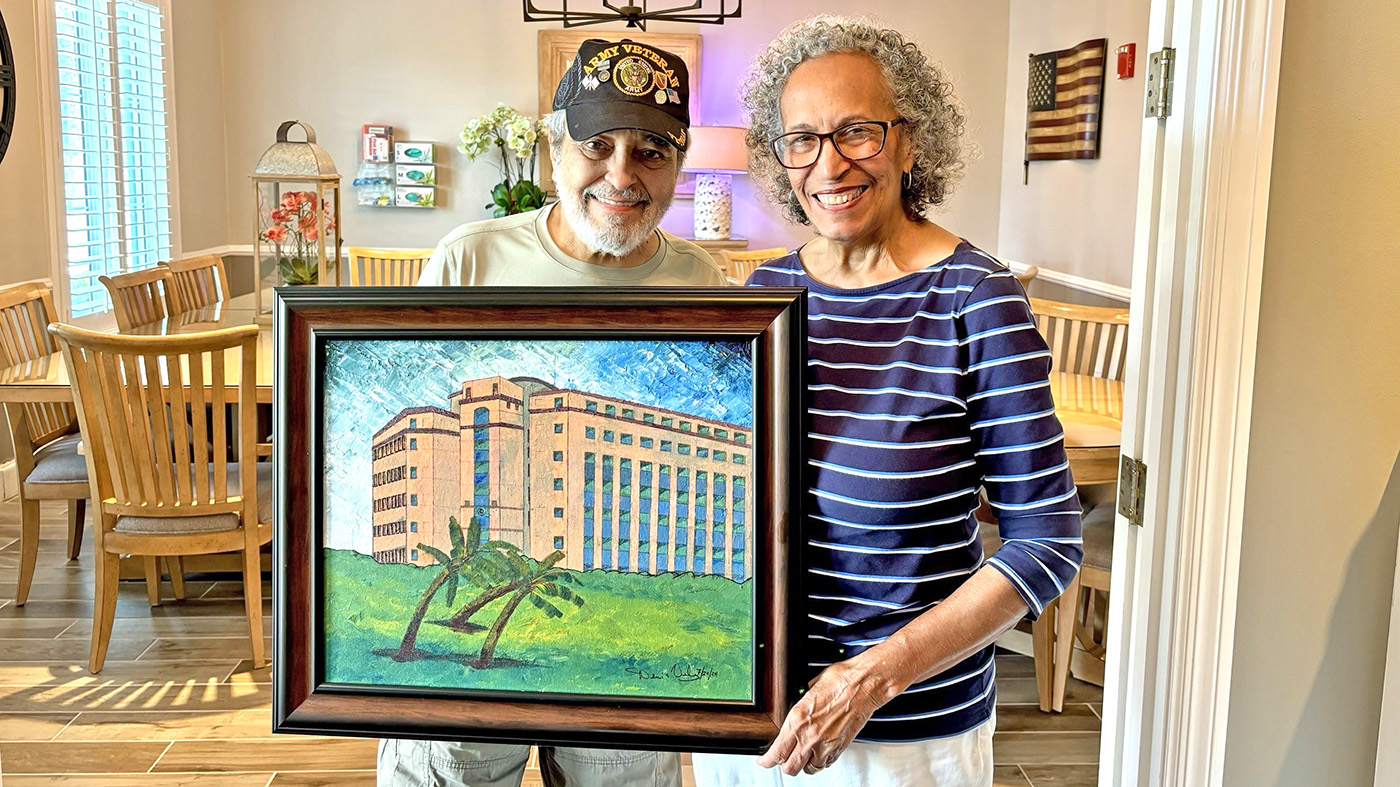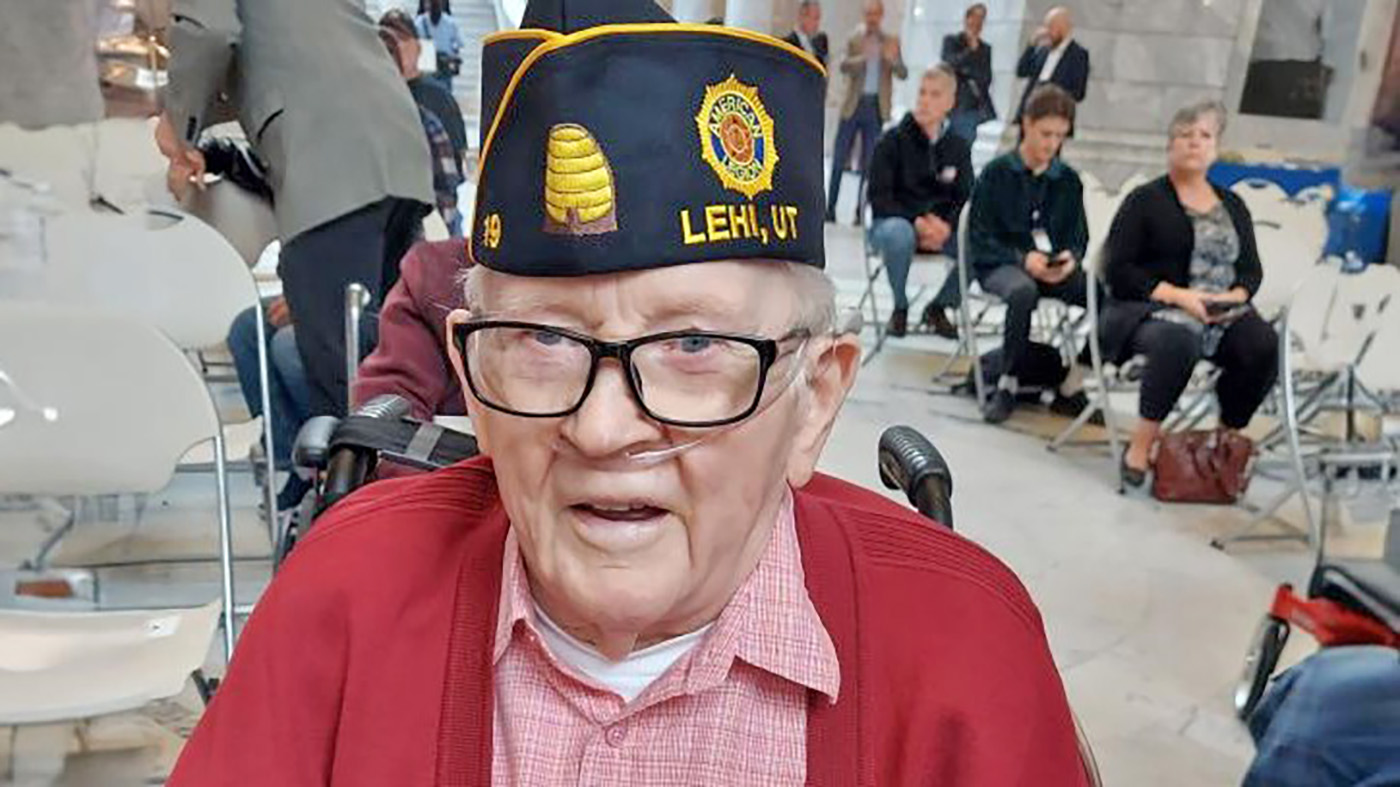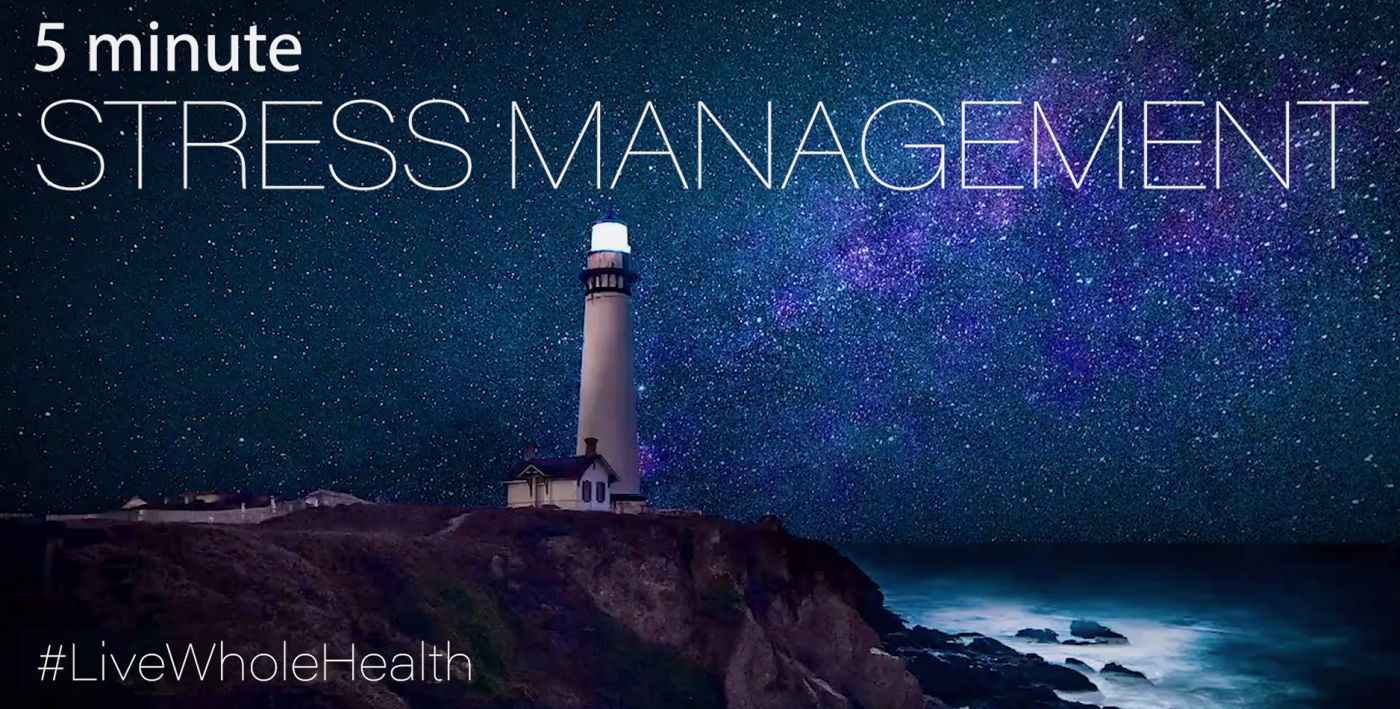One afternoon last month, Dr. Jennifer Roth called to check on a patient and got no answer. It turned out the Veteran was at the gym.
Dr. Roth, a graduate psychologist at the St. Cloud VA Medical Center in Minnesota, was thrilled by this news – but not just because her patient was getting a healthy workout. “This individual had withdrawn from other people socially and really wasn’t leaving the house anymore,” she explains.
So, what made the difference? Annie did.
If you’re wondering, “Who’s Annie?” the question is better asked, “What’s Annie?”
Annie is VA’s new mobile text messaging system that reminds Veterans to tend to their own self-care between VA appointments. It can be customized to send Veterans text messages with reminders, like – “Hello, this is Annie reminding you to take your medication. Please reply ‘med yes’ or ‘med no,’” or “Hi, this is Annie. Just a quick reminder that your glucose readings are due.”
In this case, Roth customized Annie to remind her patients to take time for themselves and do a mood-elevating activity. First, Veterans are asked to text back with a number that rates their mood: Low (1-3) – Moderate (4-6) – High (7-10). Then, they receive a second text asking them to use the same scale to rate the energy/effort level they are willing to give an activity. Once they do, Annie sends a final message with a brief self-care activity that matches their mood/energy responses. Things like brush your teeth (low), unplug from social media for 10 minutes and sit quietly (medium), or reflect on removing a toxic relationship (high).
For this Veteran, it was a really quick increase in their mental state. They kind of took Annie as a stepping stone and said “gee, I can do these activities, what else can I do to make myself feel better?”
In addition to going to the gym, Roth says the Veteran started looking at classes and community involvement and began engaging in old hobbies again.
The field test
Annie will soon be available for VA care teams across the country to customize in ways they believe will help patients with their at-home self-care. Currently, about 200 Veterans and 100 staff members at 16 sites across the VA network are testing Annie.
Roth and some of her patients are part of the test. She says all of them have reported positive results, even though they span a range of demographics – male and female, 20s-50s in age, and all different employment statuses.
“They’re a wide variety of individuals, but we’ve found that Annie has benefited everybody,” she says.
In addition to mental health, other care teams are testing Annie to help Veterans stay on track with managing different types of chronic conditions. For example, by sending message reminders to Veterans to wear their CPAP machines, Annie has been part of efforts to improve outcomes for traumatic brain injury and obstructive sleep apnea patients.
VA care teams don’t receive Veterans’ text message replies directly, but they can access the system as they deem appropriate to review Veterans’ replies, progress and self-reported health readings.
The heart of Annie
“Annie really promotes patient autonomy,” Roth says. “It’s about maintaining your self-care and being active in tracking and monitoring where you are. And it creates a dialog between patients and providers. Patients are saying they feel more connected to their care team because they’re being checked in on and because they’re participating in their own care on a regular basis. It enhances the patient-provider rapport dramatically.”
That’s the true heart of this new system. It’s not just Annie that made a difference for Roth’s patient. It was a dedicated psychologist and an engaged Veteran, working together.
You can learn more about the Annie App for Veterans and Annie App for Clinicians on the VA App Store. Even though Annie is available as an app, Veterans don’t need a smartphone to use it. The system works on any basic cell phone with text messaging capability, which will make it more widely available to Veterans everywhere, once it becomes available nationwide.
Have you’ve been wondering, “Why the name ‘Annie’?” The system is based on the United Kingdom’s Florence Simple Telehealth system, or Flo as it is known. Flo is named after the founder of modern nursing, Florence Nightingale, and is used by more than 35,000 English health system patients. VA chose to name its version Annie, after the first woman to receive a Purple Heart – 1st Lt. Annie G. Fox. As chief nurse in the Army Nurse Corps at Hickman Field, Fox rallied her nurses and organized the station hospital’s response on Dec. 7, 1941, the day Pearl Harbor was under attack.
Topics in this story
More Stories
Army Veteran Denis Velez donated a painting of his VA hospital as a way of giving back for his treatment there.
Ron Anderson's story of being caregiver for his father in his final years is a journey of love and duty.
Ignoring challenging emotions can negatively impact our health. Breathe through worry, anger and sadness in 5 minutes with this week's #LiveWholeHealth practice.







How can I help?
How can I get involved in this “Annie” program. I am a 20 year veteran and I believe this
would help me with my depression.
Dail Jordan
20 year Retired
Please allow me to participate in the Annie G Fox text message communications program, I could get reminders of my healing Rx and reply.
Thanks
Please allow me to participate in the Annie G Fox text message communications program, I could get reminders of my healing Rx and reply.
I would not call it social withdrawing–it’s called my privacy! Please don’t let your inventions become a daily part of my activities!
I wish these articles told the WHOLE truth. It is true that hese tools will help some veterans, but that is not the primary motivation for the VA spending money on developing more computerized tools. The VA will use these tools to reduce labor costs, just like the grocery stores are using automated checkout to reduce the number of checkers they must hire. Fewer professionals are need to answer messages and setup these reminders than are now needed to see patients in-person. Also, it is a cursory effort to address our sense of isolation. Supposedly an AI sending us text messages will make us feel “connnected”. Wrong. the opposite is true. An example is the way automated voice mail makes a person FEEL. Also, depending on an AI to remind me to take my meds does not improve my “autonomy” or “SELFcare”. It is still dependence. It MAY improve some veterans health, by giving them these tools to LEAN ON, but more importantly to the VA, it will improve health statistics that the VA uses to get funding. Veterans need human beings to interact with regarding their healthcare, they need to know at least one human cares,etc..They need the VA to figure out and SOLVE the problem so many vets have developing tolerable and healthy social lives. THIS should be the area where the VA is innovative, no one else is doing it, apparently. It should NOT following the corporate “pack”: investing in automation, reducing jobs, damaging the economy further, further reducing human interaction opportunities for vets.
Good post. I never thought of that.
Look forward to hearing more about Annie at the Telehealth convening in Dec. Great example of the value of technology integrated with usual care.